Introduction
The rapid advancement of technology often makes us feel like we are living in a science fiction world. Artificial intelligence, genetic engineering, and space tourism are already a reality, and there are even more incredible technologies on the horizon. In this article, we will discuss these exciting developments and explore who is behind them.
If you want to find a NoCode job, you can do it on our platform. Click the button below for more information.
Programmable Cancer Medicine
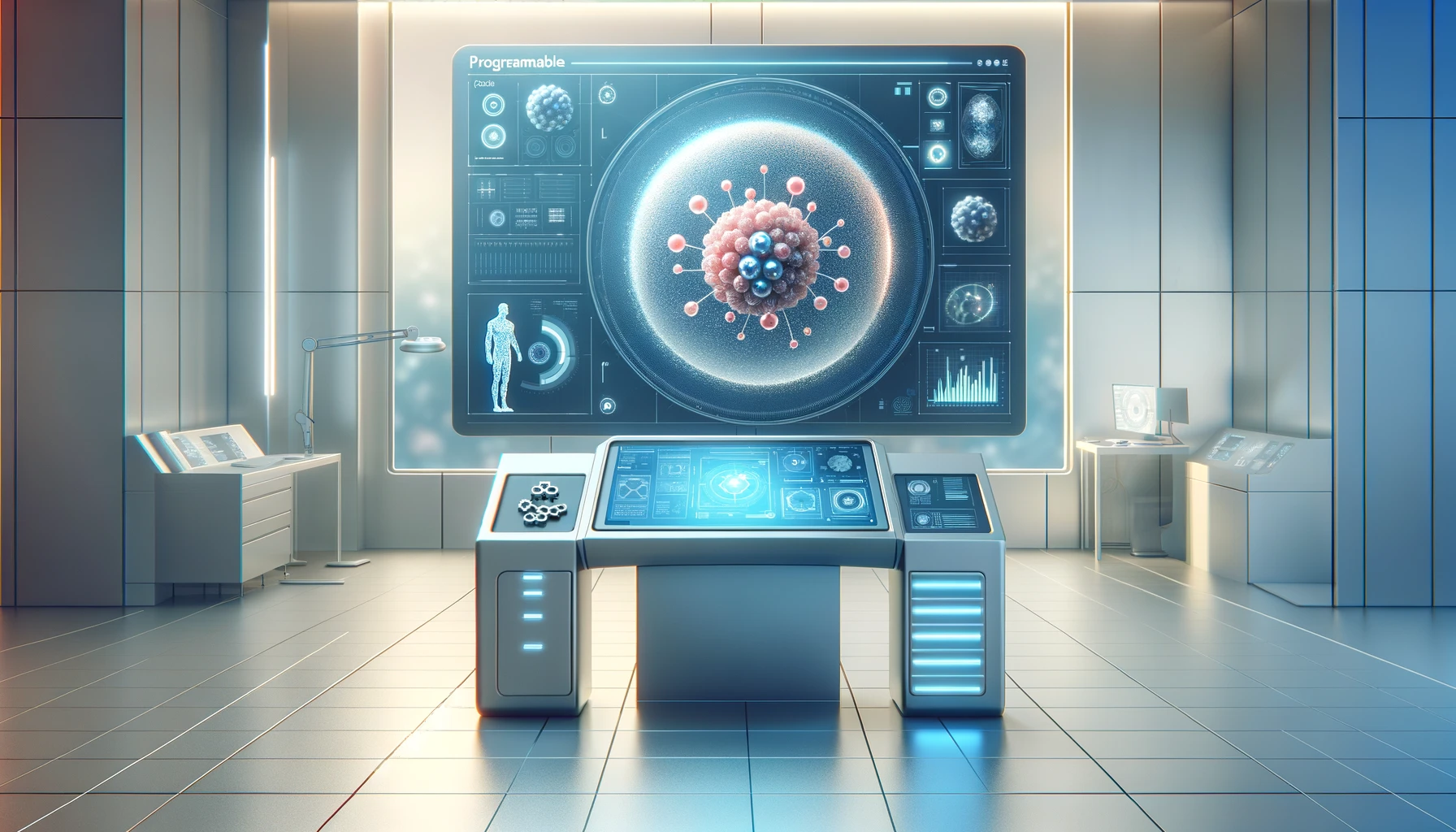
Strand Therapeutics, a company based in the USA, published the results of preclinical studies for mRNA therapy in April 2023. This innovative technology targets cancerous tumors, and only produces the necessary drugs for treatment upon identification of the tumor. The startup has already raised a staggering $97 million in investments. The therapy construct contains genetically programmed logic circuits that regulate the location, timing, and intensity of treatment in the patient's body. This level of precision is currently not achievable with traditional drugs, making this therapy more effective.
"The majority of people didn't believe it was possible," said Tasuka Kitada, a lab employee of scientist and biologist Ron Weiss. Kitada assisted the creators of Strand with their research.
Flying Camera
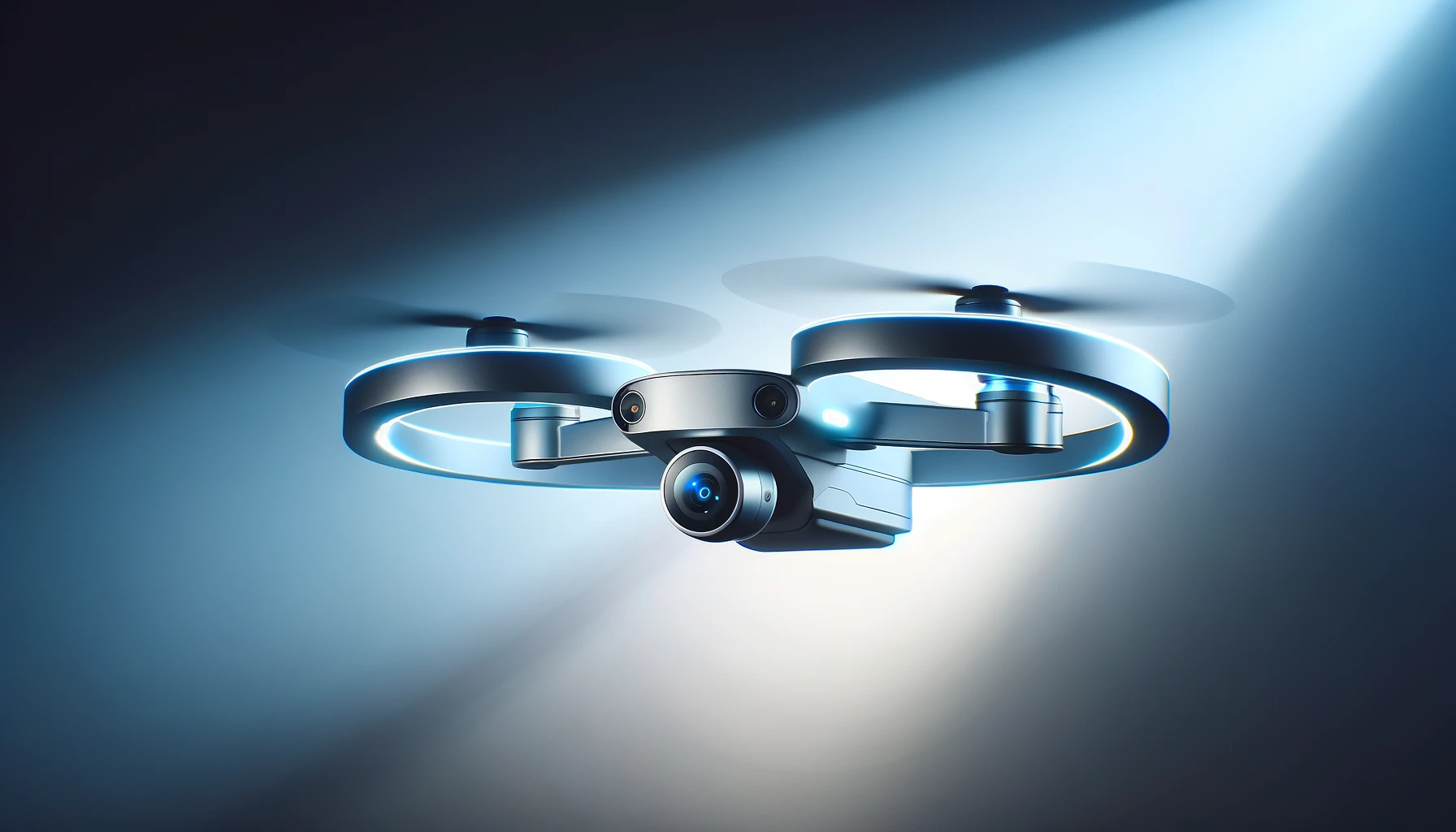
Ring, an American company, is working on creating the world's first flying surveillance camera. This drone can be programmed through an app to fly along up to 50 different routes around the house. For instance, if you're unsure whether you turned off the iron before leaving, you can instruct the drone to fly and check it for you.
This camera is compatible with other Ring devices. If the system detects motion while you're away, the drone will automatically investigate.
Smart Refrigerators

Samsung Food is a new service that aims to replace the need for a nutritionist. The company announced the launch of this technology in August 2023. However, it is expected to be more widely available in 2024 when all the elements of Samsung's smart home will be connected to the program.
The application assists its users in finding and customizing recipes, scheduling their meals, cooking, and sharing their food preferences on social media platforms. The AI technology incorporated into the service enables the personalization of all the content. For instance, users can convert a recipe into a vegan or vegetarian version, create a more nutrient-balanced dish, or make a meal with the ingredients already available in their refrigerator.
Quantum Computers for Everyone
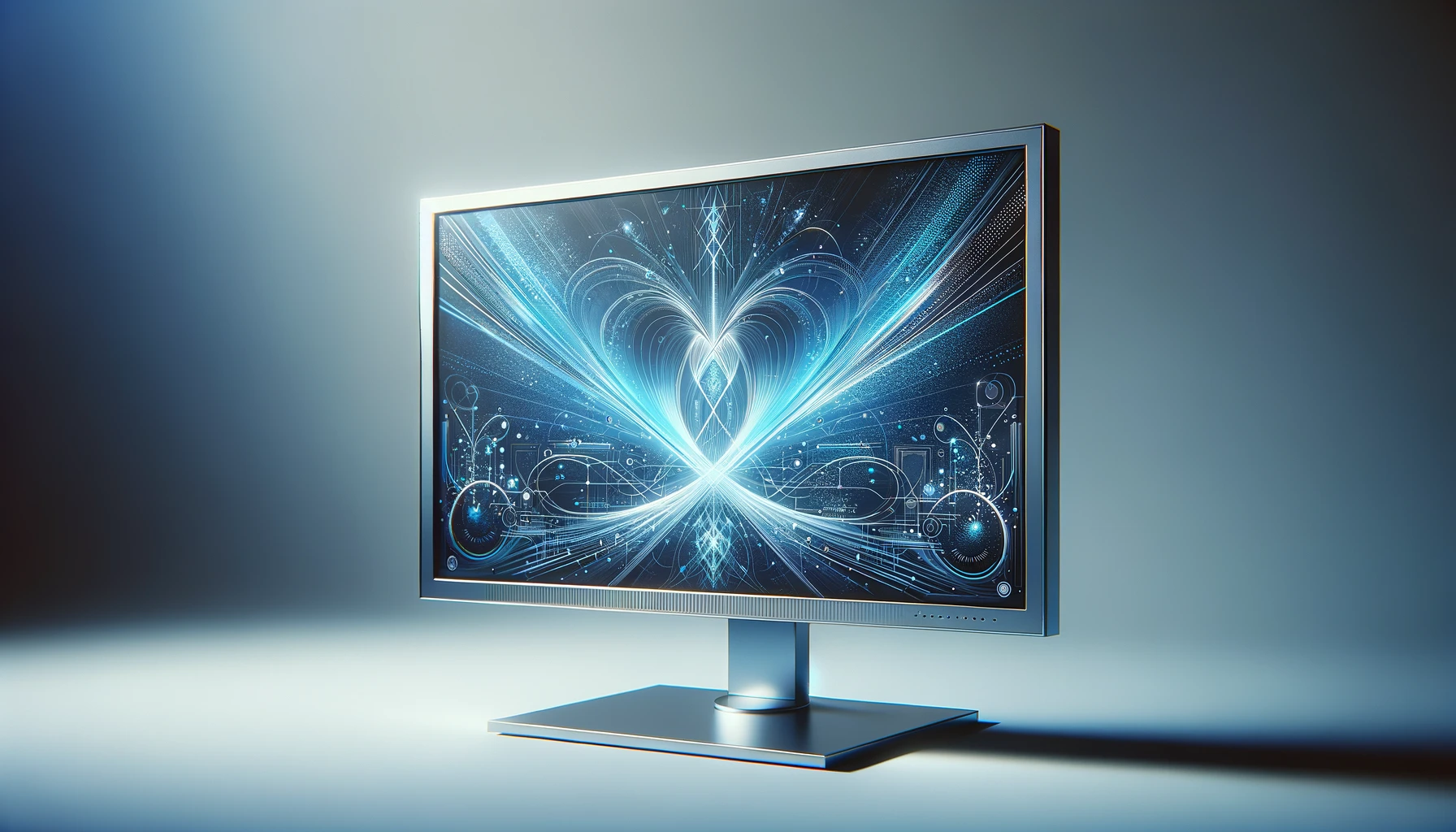
Scientists have been working on quantum computing technology for several decades. They are now close to developing a system that would have sufficient power while maintaining high performance.
Currently, large corporations with abundant resources are conducting experiments with quantum computers. In April 2023, Google revealed that one of their quantum models solved a problem within seconds that would have taken the most potent existing supercomputer 47 years to solve. D-Wave Systems Inc., IBM, Intel, Google, Microsoft, and some startups such as Universal Quantum are developing quantum computers with the aim of accelerating the development of drugs and artificial intelligence technologies. Personal, academic, and corporate sales of these computers are expected to begin in the near future. Bloomberg reports that governments are already developing regulations for their operation, and large companies are investing millions in developing protection against hacking by quantum systems, which is a strong indicator that quantum computers will soon become widely available.
Smart Cities
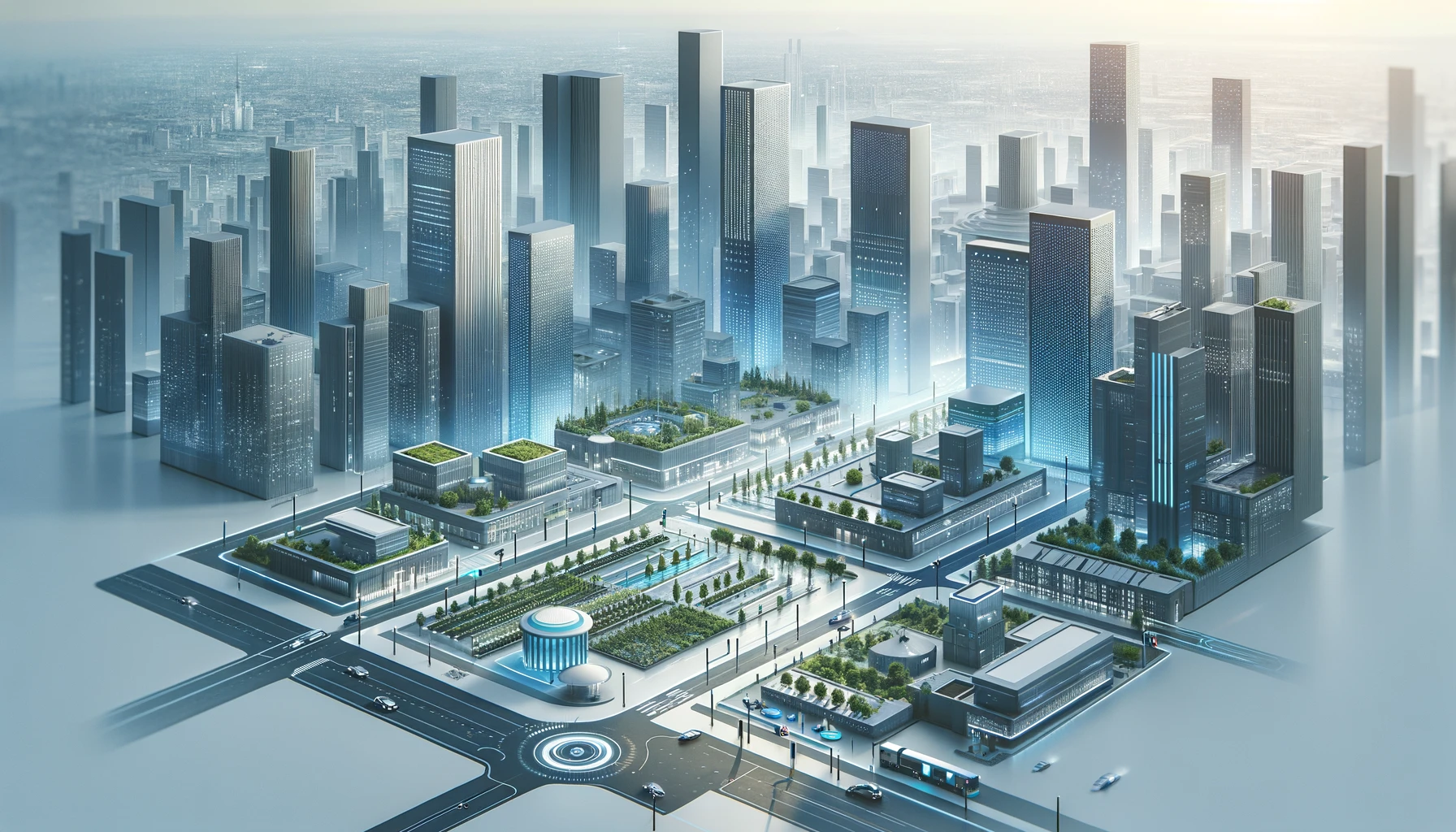
The idea of smart cities has always fascinated forward-thinking individuals. Intelligent meters, bright street lighting, automated traffic management during peak hours, and smart parking systems are just a few examples of innovations that not only optimize energy consumption but also enhance the quality of everyday life.
If you already have an idea for your project but do not have good employees to develop it, you can find them on our platform. Click the button below for more information.
It is interesting to note that in some areas, developing countries have an advantage when it comes to implementing new technologies. They can start from scratch without having to deal with complex bureaucratic regulations and coordinate with multiple regulators. Pakistan's "Digital Pakistan" project is currently working on developing such infrastructure, including digitized highways and plans for smart cities in the future. India is also preparing to unveil its smart city projects by June 2024. Additionally, Paris is set to showcase a demo version of the European smart city during the 2024 Olympics.
Flying Taxis
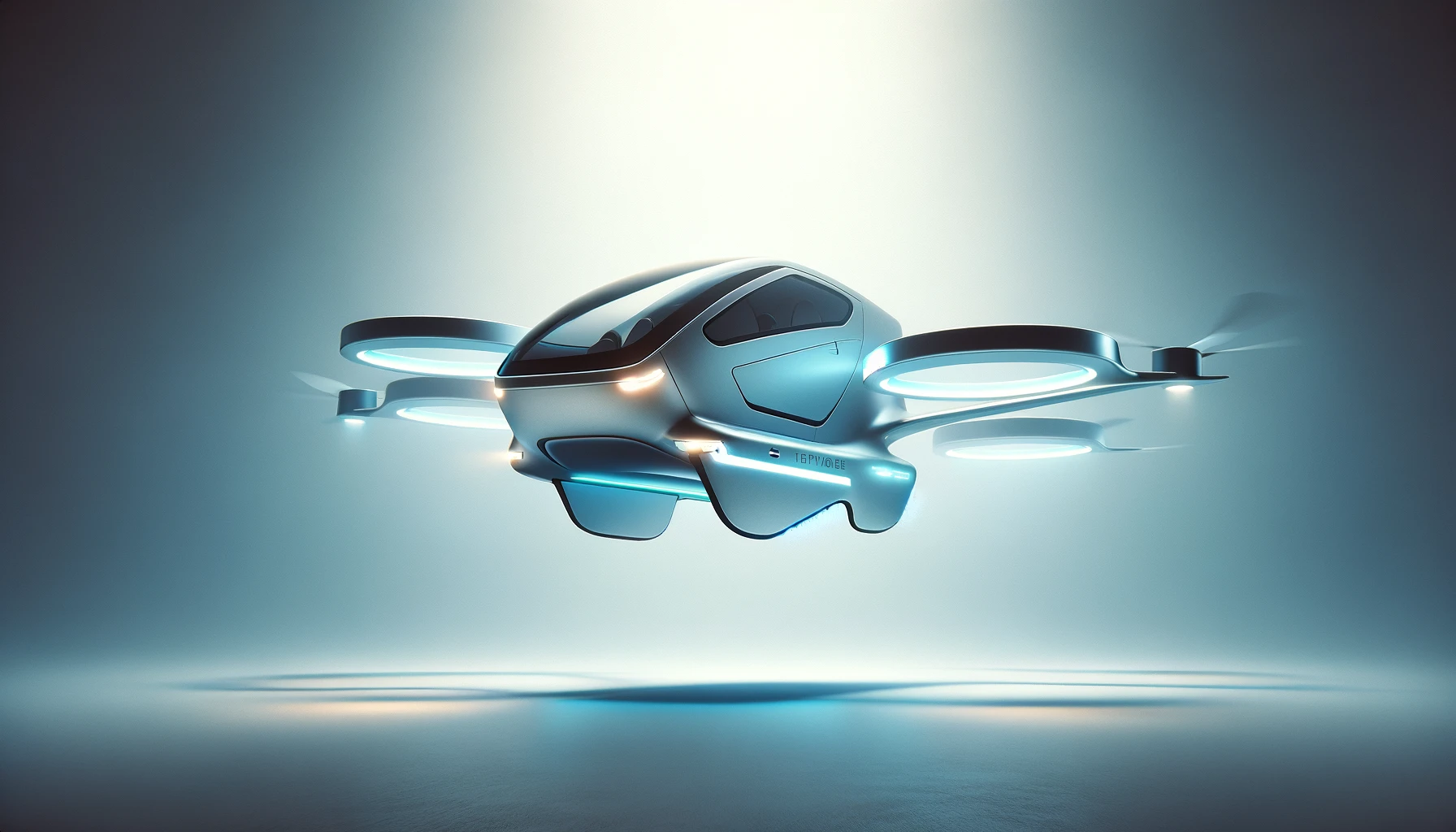
Robotaxis, although it may sound like a name from a science fiction movie, is already on the roads in California. These autonomous vehicles are created by companies such as GM Cruise and Google Waymo. Cruise has around 300 vehicles operating in three cities: San Francisco, Austin, and Phoenix. These vehicles complete an average of 1,000 trips per day. Thousands of people are currently on the waiting list for both services and eagerly await the opportunity to try out this new technology.
It has been reported that flying taxis are currently being developed and tested in Dubai. The taxis are expected to be operational by 2026 and will be able to travel up to 300 km per hour, carrying up to four passengers and one pilot. The first routes will connect four primary areas of Dubai: Burj Khalifa, Dubai Marina, Dubai International Airport, and Palm Jumeirah. In addition to Dubai, Paris also plans to test flying taxis to transport passengers to and from the Olympic Village.
Digital Copy of the Human Brain
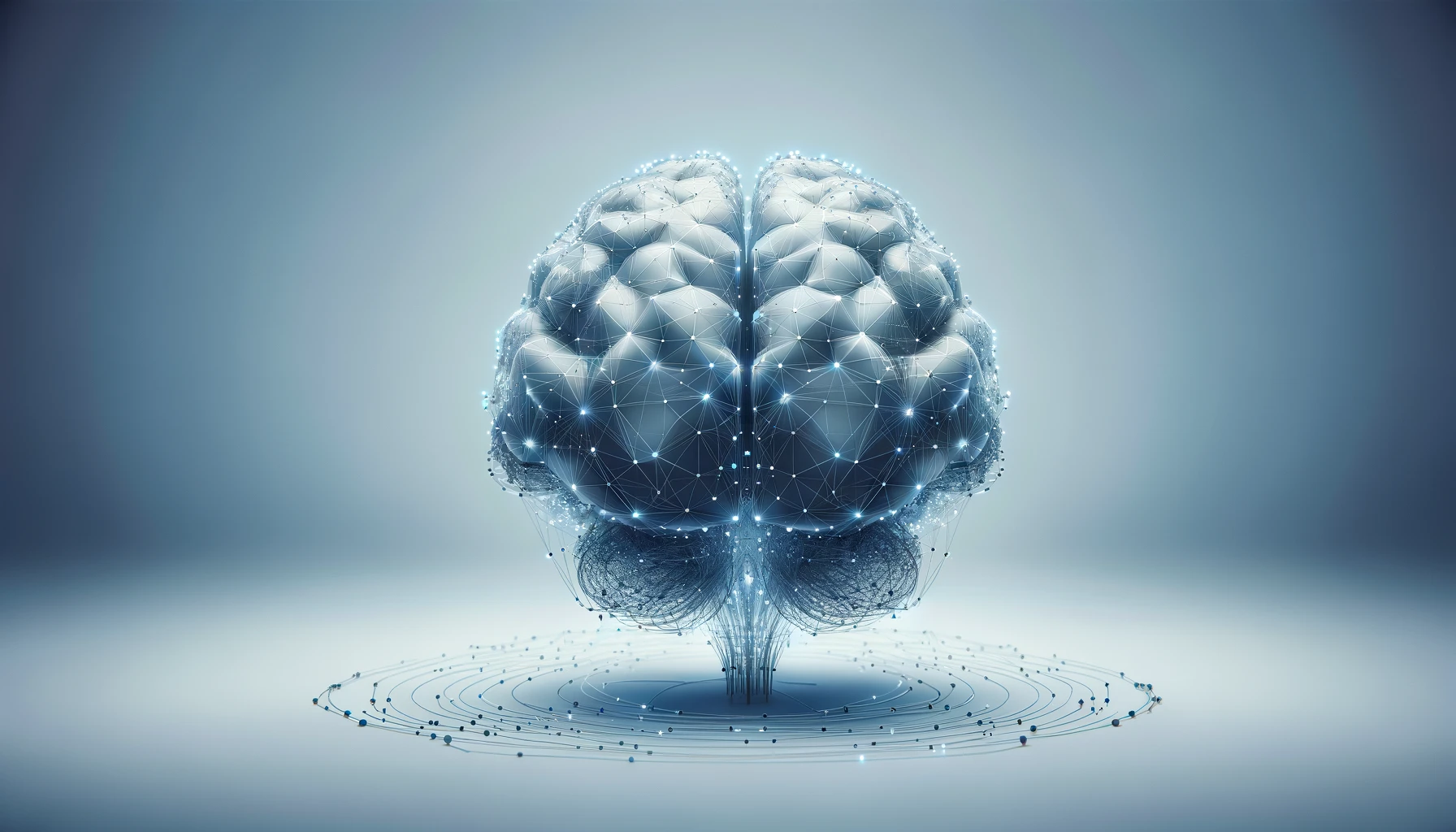
For many years, scientists have been attempting to create an accurate virtual model of the brain, but so far, they have not been very successful. However, a recent breakthrough has been claimed by a research group from the Institute of Automation of the Chinese Academy of Sciences. They have developed a platform for creating a digital "brain twin" that can simulate various states of the human brain when solving different cognitive tasks.
Researchers at AMU Marseille are working on a project to develop customized brain models using a technology called The Virtual Brain (TVB). The goal is to create computational models for each patient based on individual data of their anatomy, structural connectivity, and brain dynamics. This will allow for personalized brain models to be created for each patient, which can be used to better understand and treat neurological disorders.
A comprehensive knowledge of brain processes can be instrumental in the advancement of medical technologies, as well as the development of artificial general intelligence (AGI) - a type of robotic human intelligence. This is because neural networks and machine learning techniques draw inspiration from how the human brain functions and learns.
The Next Generation of Mobile Internet
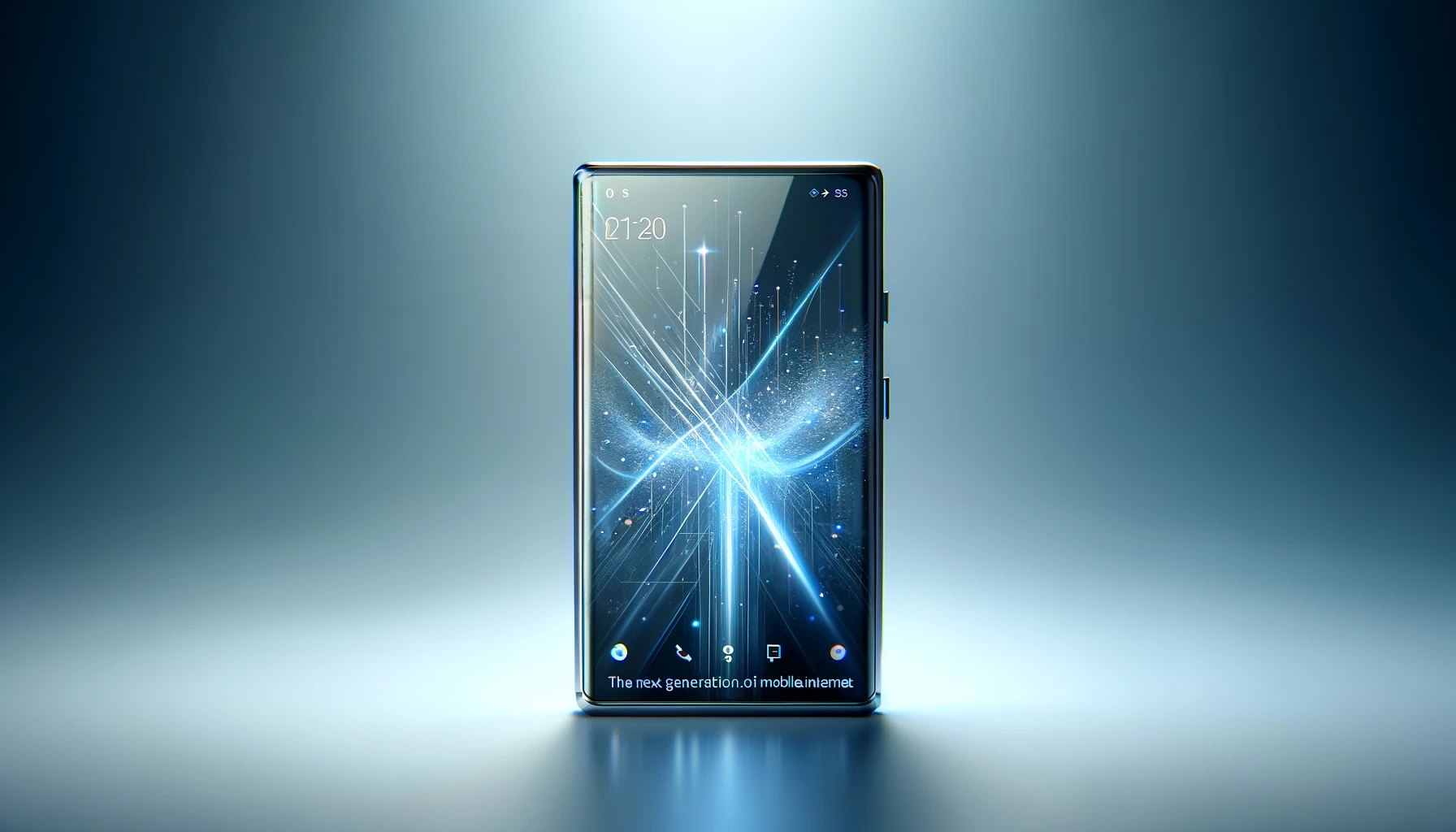
Executives from the world's largest telecommunications and technology companies told CNBC that 6G, the next generation of mobile internet after 5G, is likely to be launched by 2030.
The top managers in the industry have warned against creating too much hype around the technology, as it may confuse consumers who are still hesitant to switch to 5G. Companies are currently trying to figure out how to get a return on their multi-billion dollar investments in 5G over the past few years.
"We have not yet completed the implementation of 5G," said Ha Min Yeon, Director of Development at SK Telecom. "I do not think enough time has passed to talk about 6G seriously. It's still too early." Despite this, work on 6G standards is already underway through standard-setting bodies. Experts predict that 6G will significantly enhance mobile networks' cybersecurity and further expand the capabilities of artificial intelligence.
Generative AI Everywhere
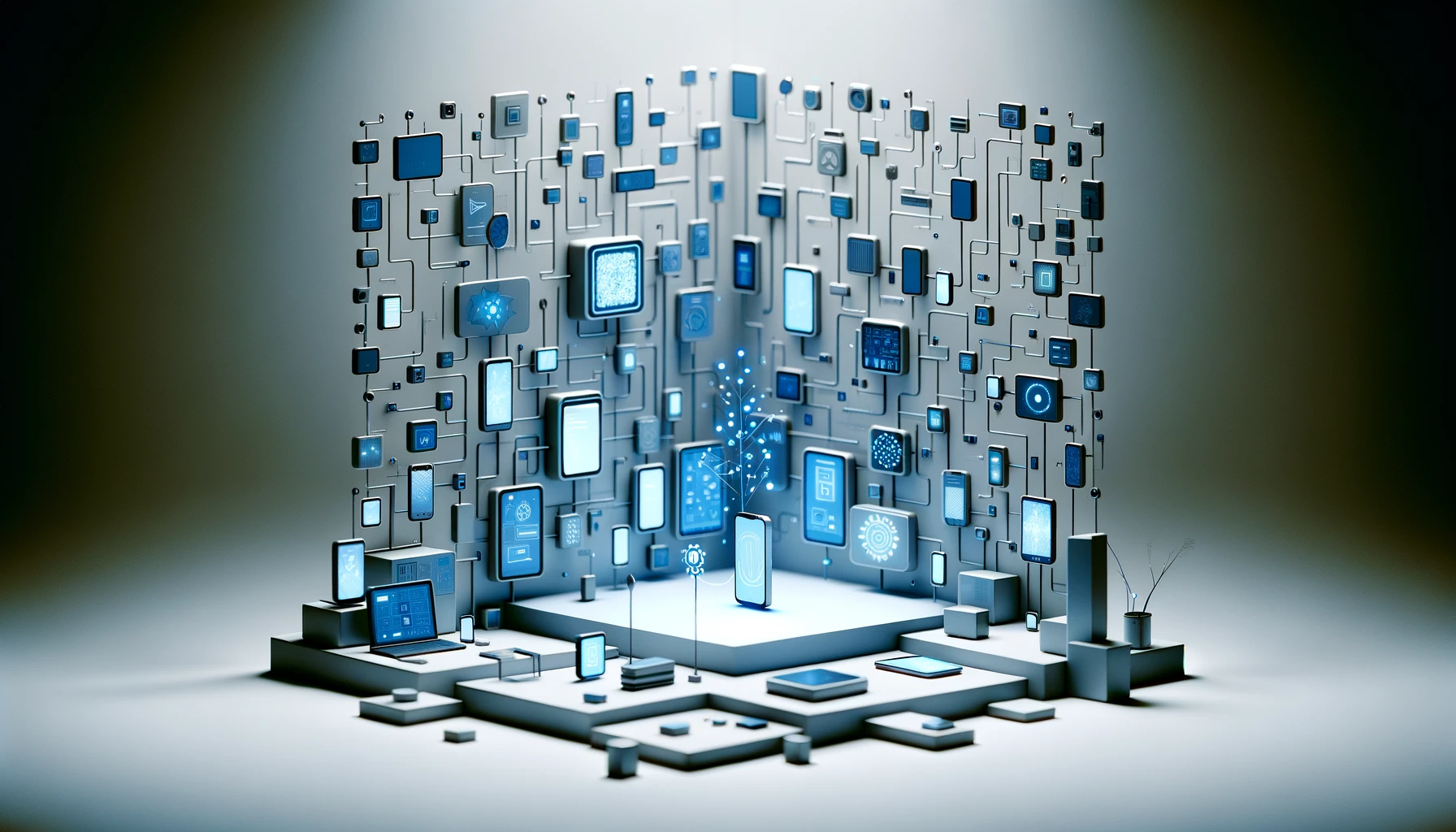
Generative AI became the biggest sensation of 2023 when everyone learned about the capabilities of language models through ChatGPT. In 2024 this technology will be adopted in a wide range of industries.
Modern cars are equipped with intelligent infotainment systems that require a coordinated flow of data to feed into the cloud. This data helps the system manage various aspects of the car's condition, from engine temperature to oil change alerts. In the coming years, automakers are expected to use generative AI in smart cars to customize their systems and improve the user experience. The first conference on "Generative AI for the Automotive Industry" will be held in 2024 and will be attended by representatives from leading car manufacturers such as BMW, Volvo, Toyota, Bugatti, and others.
Experts predict that generative AI will be increasingly utilized in medicine, education, and media, potentially exacerbating the issue of fake news and disinformation by 2024.
Musk's Brain Implants
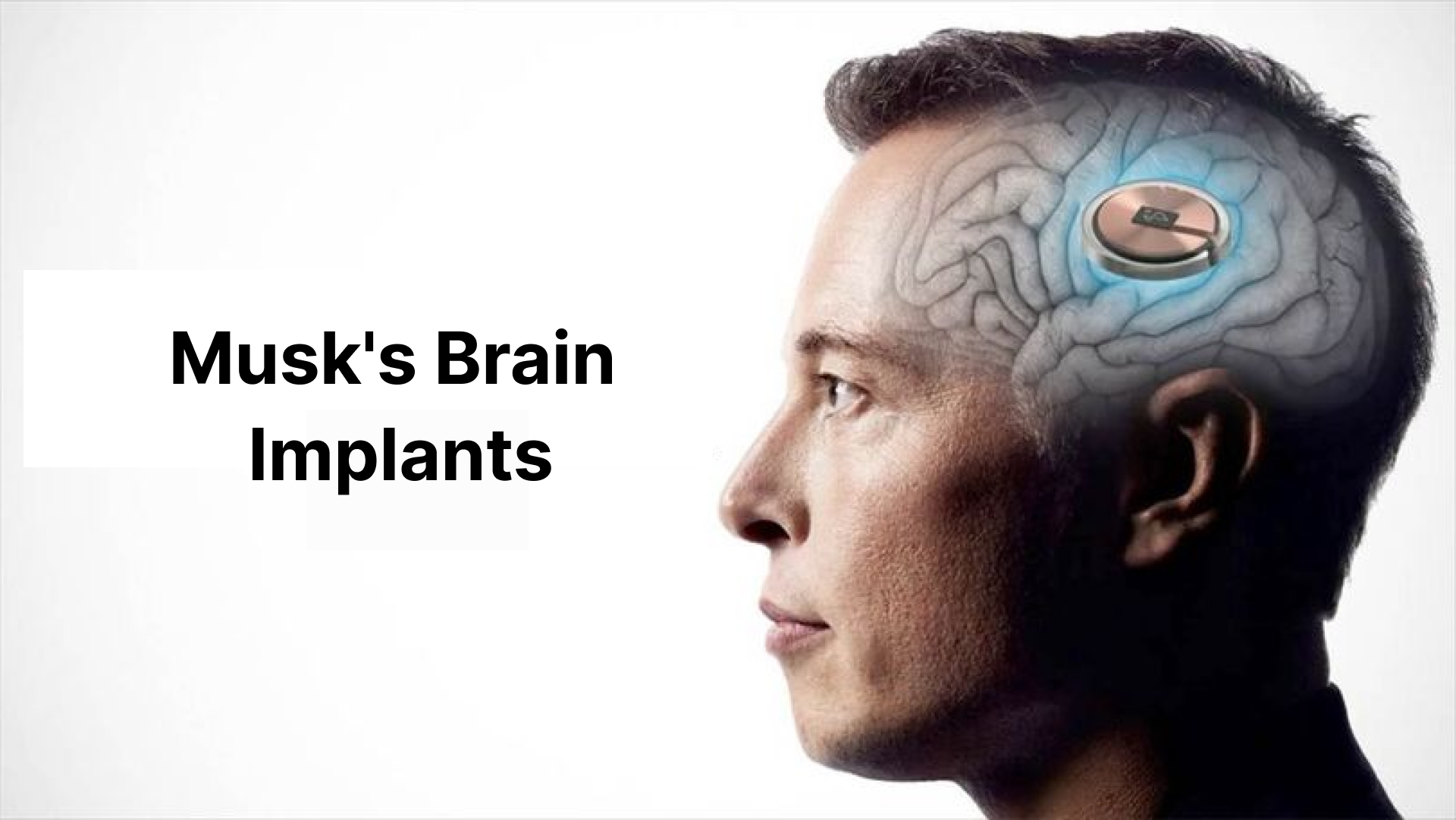
The human-machine interface allows for seamless and efficient control of various mechanisms and services, which could bring revolutionary changes to our lives in 2024.
There are some remarkable technologies in development that still seem like science fiction. For instance, Neuralink, a startup founded by the billionaire behind SpaceX and Tesla, Elon Musk, is recruiting volunteers for experiments involving a brain-computer interface (BCI). The company's goal is to connect the human brain with a computer by implanting a device in the brain that can transmit nerve impulses. These impulses will then be decoded, allowing paralyzed individuals to type on a computer using the power of their thoughts.
Elon Musk has successfully obtained expedited FDA approval for clinical trials of Neuralink implants in humans. In 2024, Neuralink will conduct trials on 11 patients, who will be selected from thousands of applicants who have already submitted their applications to participate in the experiment. The selected patients, who suffer from paralysis of the upper and lower extremities, will be implanted with neuro implants that will transmit information through a wireless interface. If the trials are successful, this technology may become available to a broader range of people.
If you want to learn NoCode but do not know where to start, you can do it on our courses. Click the button below for more information.
Conclusion
In conclusion, the upcoming year is expected to witness a significant period of technological advancements that will bridge the gap between science fiction and reality. These advancements range from the development of programmable cancer drugs that can target tumors with more precision to the deployment of innovative surveillance solutions such as flying cameras. These breakthroughs signal a new era of personalized and efficient technology. Countries are actively integrating AI and IoT technologies to improve the quality of life and resource efficiency, making smart cities and homes more than just a concept. The recent breakthroughs in quantum computing, highlighted by Google, pave the way for unprecedented computational power and speed, which could potentially revolutionize fields like medicine and AI.
The rapid development of mobile internet and the prospect of 6G technology indicate a future with even more connected, faster, and more innovative wireless communication networks. The field of generative AI, as demonstrated by the widespread adoption of technologies such as ChatGPT, is poised to revolutionize various industries, ranging from automotive to healthcare, by providing more personalized and intuitive user experiences. One of the most fascinating advancements in this area is the progress in brain-computer interfaces, led by initiatives such as Elon Musk's Neuralink. These developments hold the potential to merge human cognitive abilities with digital intelligence.
In essence, these technological advancements not only reflect our increasing digital proficiency but also underscore a future where the boundaries between human capability and technological innovation become increasingly intertwined, paving the way for a new era of human potential and experience.





